It can be challenging for many people to accurately identify the specific scalp issue they are experiencing. Different scalp conditions may share similar symptoms, making it difficult to self-diagnose and treat effectively. Understanding the specific scalp condition is crucial because each requires different treatment approaches. Visiting a dermatologist is highly recommended to help with diagnosis to differentiate between conditions like dandruff, scalp psoriasis, seborrheic dermatitis, scalp eczema, scalp infections, and more.
In the meantime, general hair and scalp care practices like using gentle and sulfate-free shampoos, avoiding excessive heat styling, and maintaining a balanced diet can promote overall scalp and hair health.
Dry scalp doesn’t necessarily mean you have dandruff. Dry scalp is characterized by a tight, itchy scalp. Dandruff is when there are pieces of dead skin in hair. A person can have a dry scalp without dandruff, as well as Dry Scalp Dandruff, which is a type of dandruff, or Oily Scalp (Sebum) Dandruff, another type of dandruff that doesn’t have the typical symptoms of a dry scalp.
WHAT IS DRY SCALP?
Dehydration is a common cause of dry scalp because most people don’t drink enough water. Cold weather or a cold indoor environment, hard water and harsh detergent shampoos can contribute to symptoms as well. Synthetic hair care, which is not bio aligned, often very harsh, and full of allergens, plastic/polymers, silicones and many other highly questionable and proven toxic ingredients, can contribute to dry scalp and dandruff.
Water is essential for maintaining a healthy scalp and promoting vibrant, lustrous hair. Adequate water intake is crucial for maintaining scalp hydration. When the body is dehydrated, the scalp can become dry, leading to itchiness, irritation, and flakiness, which can manifest as dandruff.
The scalp is the foundation for healthy hair growth. When the scalp is well-hydrated, it ensures that hair follicles receive the necessary nutrients for proper growth. Water is an essential carrier for vital minerals, such as iron, zinc, copper, and calcium, which are key nutrients for hair health. Water helps transport minerals and nutrients from the bloodstream to the hair follicles. These minerals are essential for maintaining the structure, strength, and overall health of the hair. Without adequate hydration, the hair shaft can become dry, dull, and lackluster. Proper hydration from within helps to improve hair's shine, softness, and manageability. Well-hydrated hair is more elastic and less prone to breakage. When hair is dry and brittle, it is more likely to snap and suffer from split ends.
Apple cider vinegar rinses can help clarify scalp build-up due to styling products and can help restore scalp pH. Massaging the scalp with any number of nut and seed oils can dramatically improve dry scalp conditions by soothing the dryness and helping restore a barrier that locks in hydration. When dry scalp dandruff is present, the scalp has lost its ability to retain moisture and the acid mantle is compromised. Remember, after massaging oils into the scalp, cut the oil first with shampoo before adding water.
Jojoba, coconut, hemp, olive oils, and many other fatty acid-rich oils work incredibly to assist the scalp in its ability to trap moisture and support healing a dry scalp. Oil massage treatments can also help clear hair follicles and support healthy hair growth.
DANDRUFF
Dandruff is a common scalp condition, and its exact cause is not fully understood. It is likely multifactorial, involving both internal and external factors. Dandruff can vary among individuals, and different types of dandruff may have various underlying causes. Internal causes of dandruff can include stress, hormone imbalance, poor diet and in some cases, genetics.
External Causes of Dandruff can include poor hygiene such as infrequent shampooing, product buildup, using dry shampoos excessively, extreme weather conditions and hair coloring.
It's important to note that some individuals may experience a combination of internal and external factors contributing to their dandruff. Additionally, other scalp conditions, such as seborrheic dermatitis or scalp psoriasis, may present with dandruff-like symptoms, making an accurate diagnosis crucial for effective treatment.
THE GOOD NEWS!
Though Dandruff may not be curable, it is definitely treatable and is not contagious.
Here are a few common types of Dandruff and their symptoms:
Dry Scalp Dandruff - Dry scalp dandruff is a specific type of dandruff that occurs when the scalp is dry and flaky. Other characteristics may include:
- Flaky, dry, and white or light-colored flakes on the scalp and hair.
- Itchiness and irritation on the scalp.
- Scalp may feel tight or dry.
- Flakes are smaller and lighter compared to those associated with seborrheic dermatitis.
Sebum (Oily) Scalp Dandruff - Sebum (oily) scalp dandruff, also known as seborrheic dermatitis or oily dandruff, is a specific type of dandruff that occurs when there is an overproduction of sebum (oil) on the scalp. Unlike dry scalp dandruff, which is characterized by dry and flaky scalp, sebum scalp dandruff is associated with greasy and oily flakes. Other characteristics may include:
- Oily and greasy flakes on the scalp and hair.
- Flakes may appear yellowish or have a white or light brown color due to the combination of oil and dead skin cells.
- Itchiness and redness on the scalp.
- Scalp feels oily, and hair may appear greasy even shortly after washing.
Seborrheic Dermatitis - Seborrheic dermatitis is a common chronic skin condition that affects areas of the body rich in sebaceous (oil-producing) glands, including the scalp, face, and upper chest. It is characterized by red, itchy, and scaly skin. In the context of the scalp, it is also known as seborrheic scalp dermatitis or simply "scalp dandruff." Other characteristics may include:
- Oily and greasy flakes on the scalp.
- Yellowish or white scales that may be accompanied by redness.
- Intense itchiness and discomfort on the scalp.
- Flakes are often larger and more adherent to the scalp compared to ordinary dandruff.
- Hair may appear greasy and limp due to the excess oil production.
Fungal Dandruff - Fungal dandruff, also known as pityriasis capitis or pityriasis simplex, is a common scalp condition caused by an overgrowth of a yeast-like fungus called Malassezia. This type of dandruff is often referred to as "fungal dandruff" because the presence of the fungus plays a significant role in its development. Other characteristics may include:
- Oily and greasy flakes on the scalp.
- Flakes are often yellowish or white and can be more extensive and adherent to the scalp compared to regular dandruff.
- Itchiness and irritation on the scalp.
- Scalp may appear red and inflamed in severe cases.
Psoriasis - Psoriasis is a chronic autoimmune skin condition that can affect various parts of the body, including the scalp. It is characterized by the rapid and excessive growth of skin cells, leading to the formation of thick, red patches with silvery scales. Psoriasis on the scalp is commonly referred to as scalp psoriasis. Other characteristics may include:
- Thick, red, and scaly patches on the scalp.
- Silvery or white scales on the affected areas.
- Itchiness and discomfort on the scalp.
- Flaking, which may resemble dandruff but is often more extensive and thicker.
Malassezia is a common yeast-like fungus that naturally resides on the scalp of most individuals. It plays a role in the development of various scalp conditions, including fungal dandruff (pityriasis capitis) and seborrheic dermatitis. Malassezia feeds on the natural oils (sebum) produced by the scalp. In individuals with fungal dandruff, this fungus tends to reproduce at a faster rate due to various factors, such as overactive sebaceous glands and a warm and humid scalp environment. The overgrowth of Malassezia leads to an inflammatory response, causing the characteristic symptoms of fungal dandruff, such as oily and greasy flakes.
Hormones may play a part as well. The renewed cells constantly pile up on top of one another resulting in thick, oily flakes with patchy redness on the scalp as well.
Causes can also be attributed to stress, poor nutrition, oily skin, weather extremes and allergies. Sunlight is good for helping to cure dandruff and I recommend heading outdoors for at least fifteen minutes a day for direct sunlight.
TREATMENT
As with science and medicine, ideas and treatments evolve - skin and hair care is no different, ideas have changed because treatments have expanded. Effective treatment for skin and scalp conditions should always be addressed holistically.
Tea Tree essential oil is excellent support for a dry scalp and dandruff. This oil is is rich in anti-inflammatory, antibacterial, anti-fungal, and antiseptic properties as well as 98 different compounds. Apple cider vinegar can balance the pH levels of the scalp and help with an overly dry condition. Apple cider vinegar acts as a fungicide and helps kill off the fungus.
Dilute both the Tea Tree essential oil and apple cider vinegar before applying it. You can massage coconut oil, sesame or olive oil into your scalp. Simply warm a little oil and apply to scalp, leave on for up to an hour.
From our experience treating dandruff, there is a secondary at-home treatment we recommend to clients when experiencing extreme oily scalp dandruff or flakiness to regulate oil overproduction. Since the Malassezia yeast appears to feed on scalp oils and exacerbate the condition, oils, conditioners, and rich moisturizing shampoos do not help. Saltwater rinses can assist in absorbing excess oil.
Dry and flaky scalp conditions can be influenced by multiple factors, and there may be various underlying causes contributing to the imbalance and distress on the scalp. Food allergies and intolerances, including gluten intolerance, can be one such contributing factor. Our bodies have a natural immunity to protect every system and stay healthy. This innate defense works as resistance to possible pathogens.
It's essential to recognize that each individual may have unique triggers and sensitivities, so a personalized approach to scalp care is crucial. Proper scalp care, along with attention to potential food intolerances and allergies, can help maintain a healthy scalp and alleviate dryness and flakiness. If you suspect specific dietary triggers are affecting your scalp health, consider seeking advice from a healthcare professional or registered dietitian to explore possible intolerances and make appropriate dietary adjustments.
References:
Journal Clinical Aesthetic Dermatology 2009 Nov; 2(11): 14–17
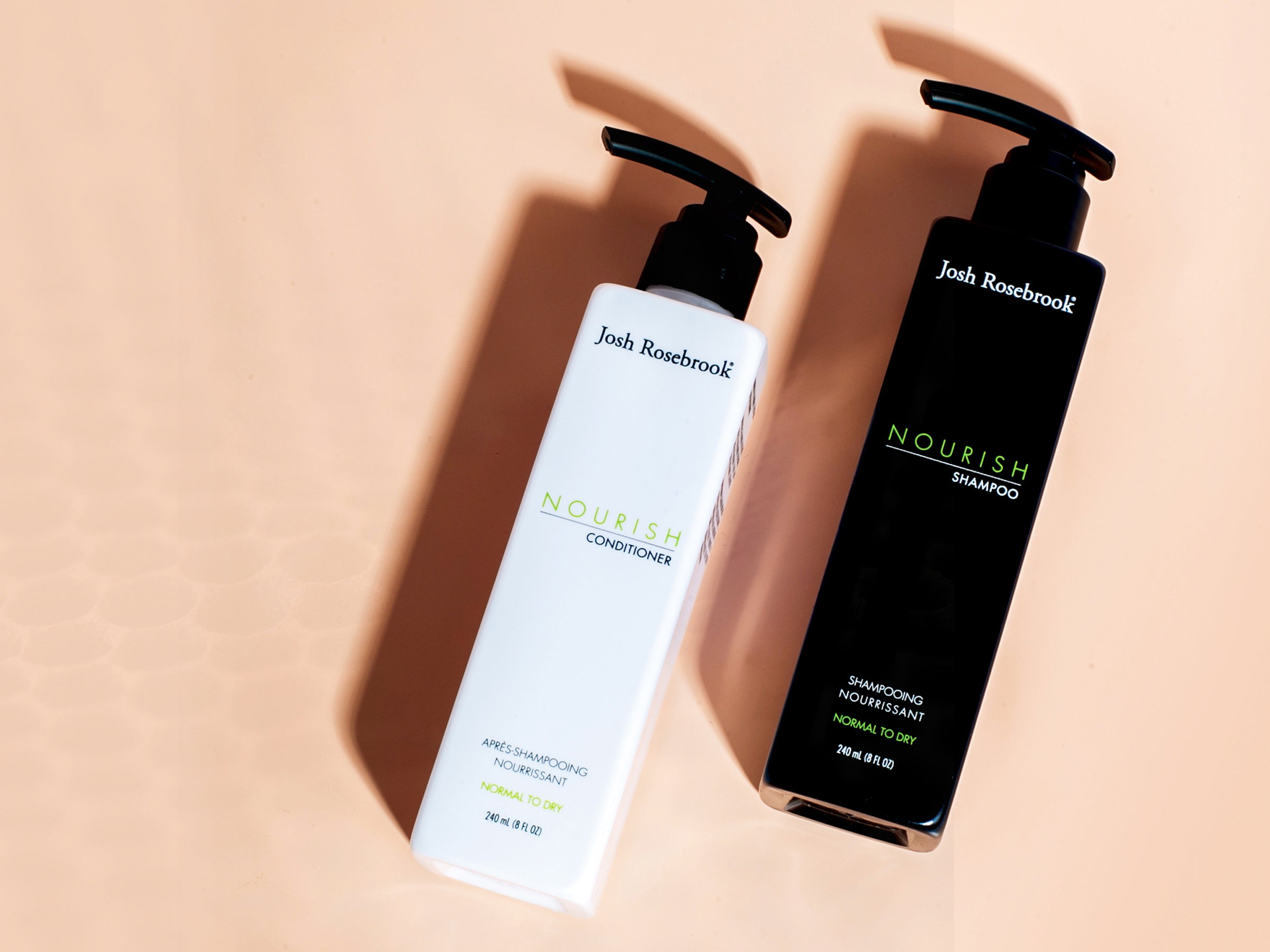



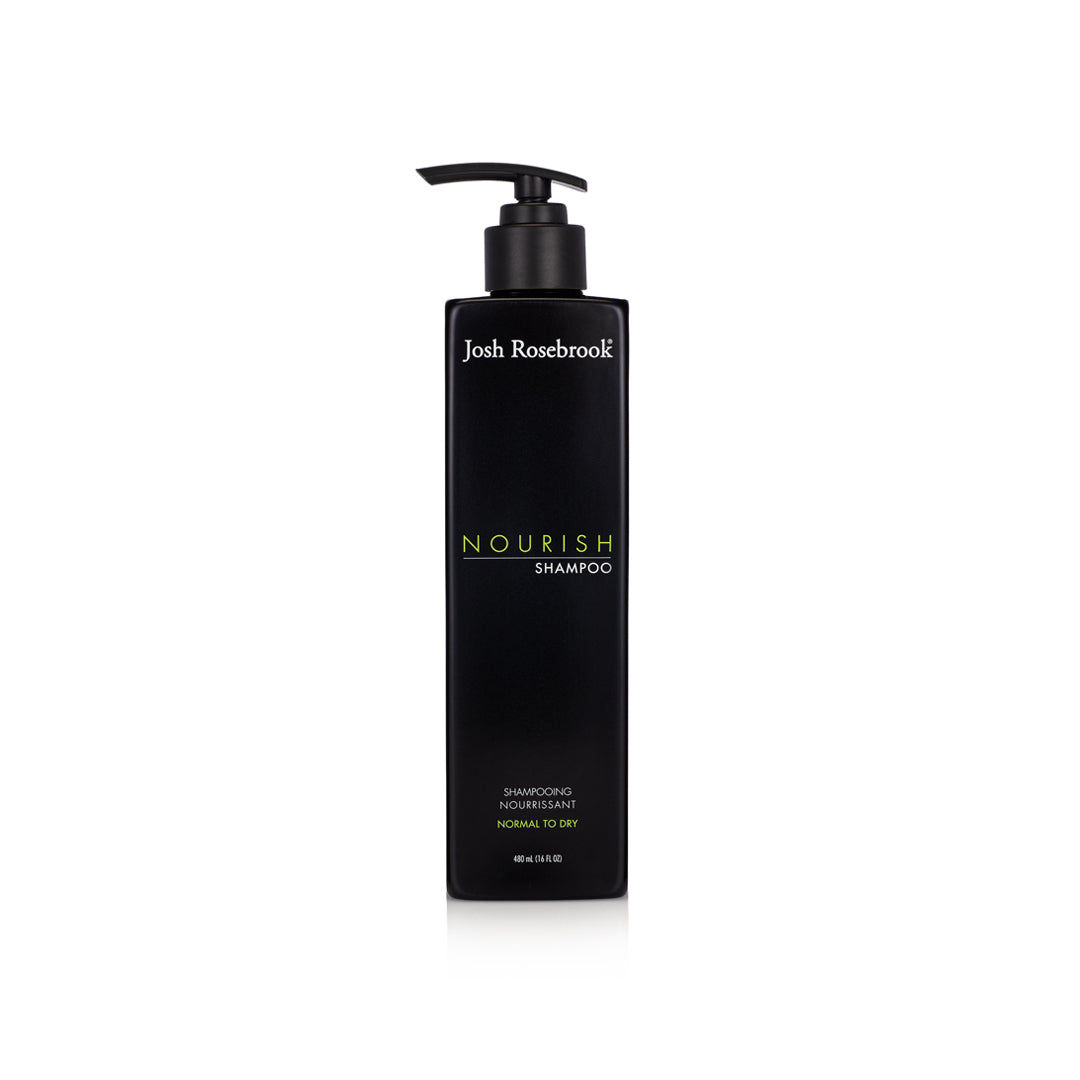
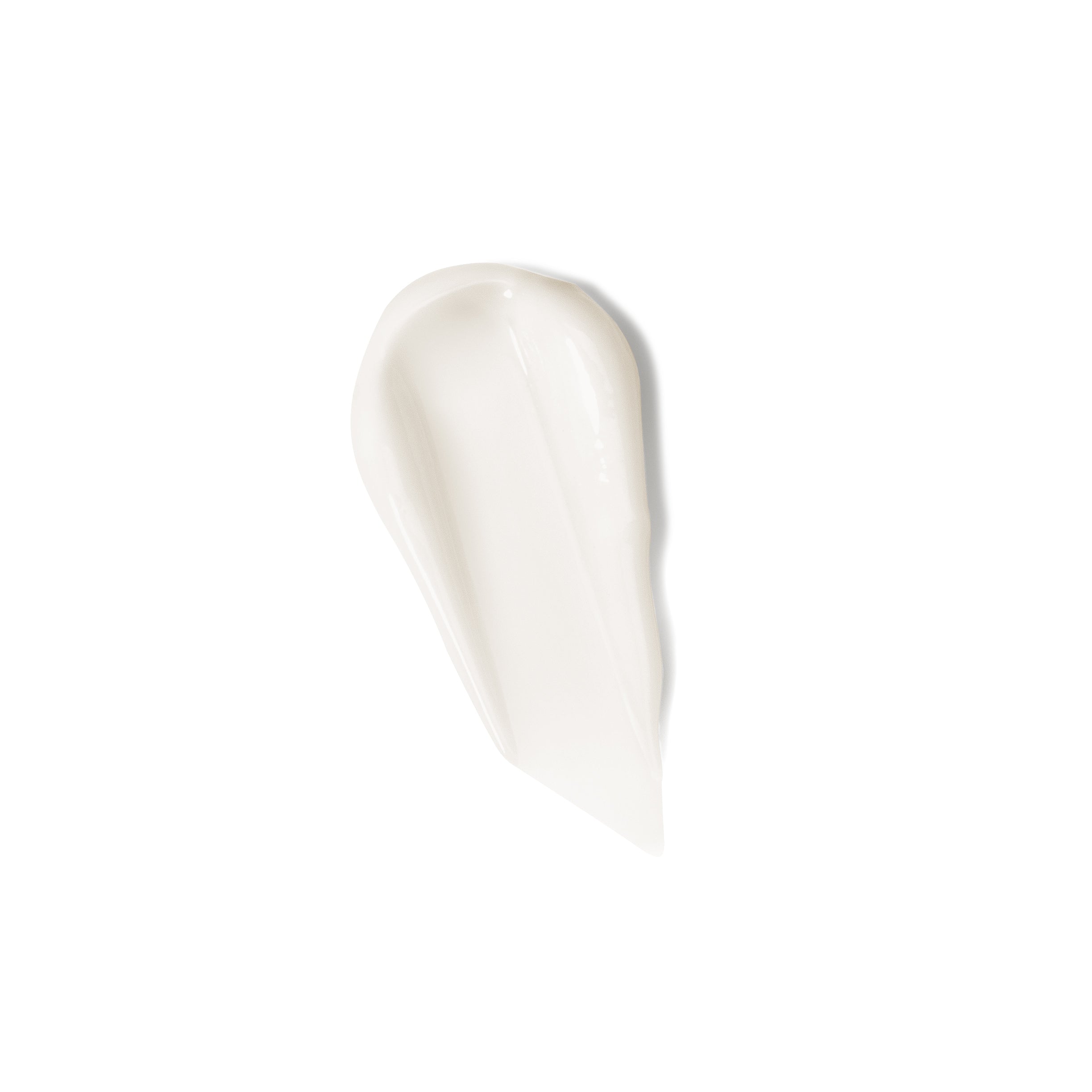
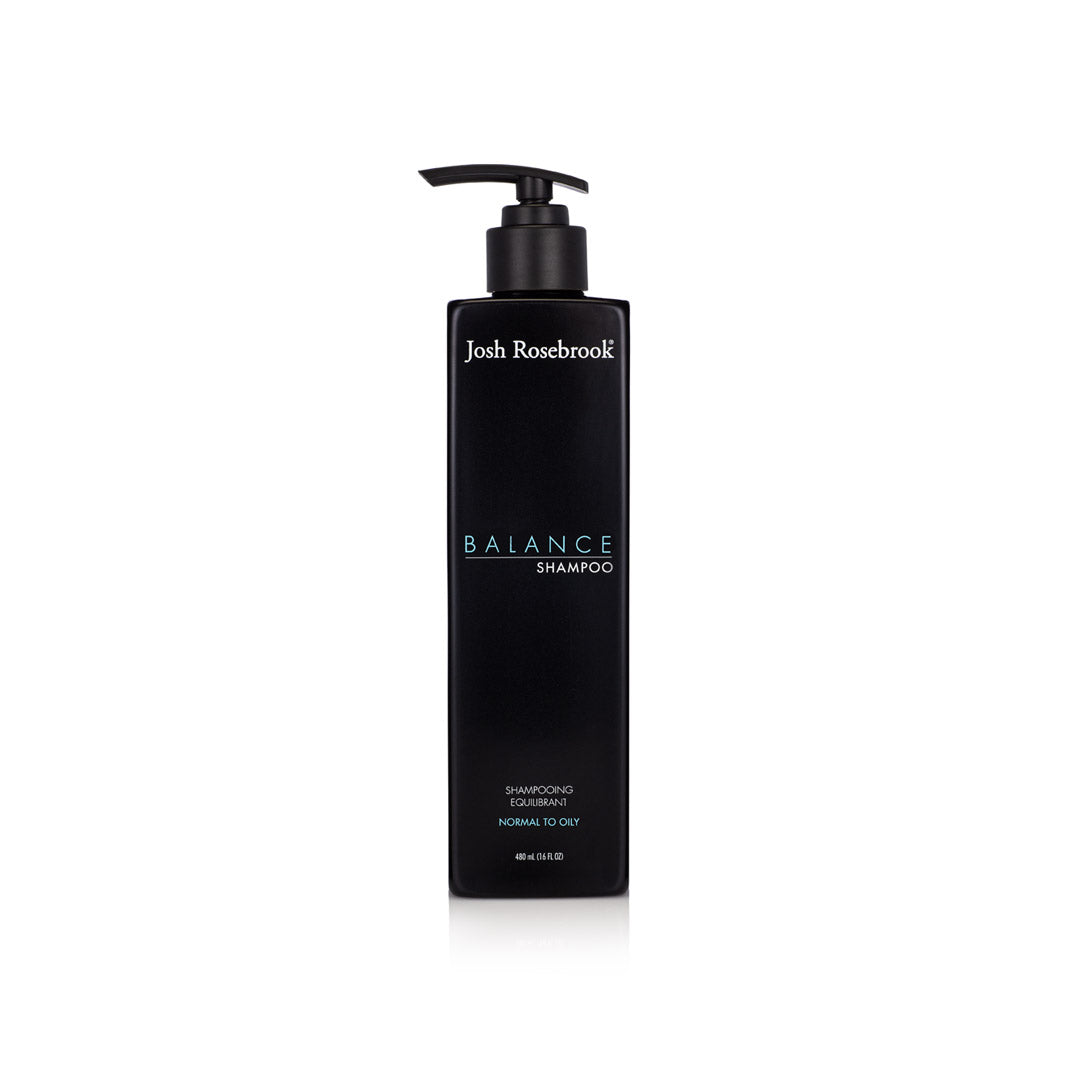
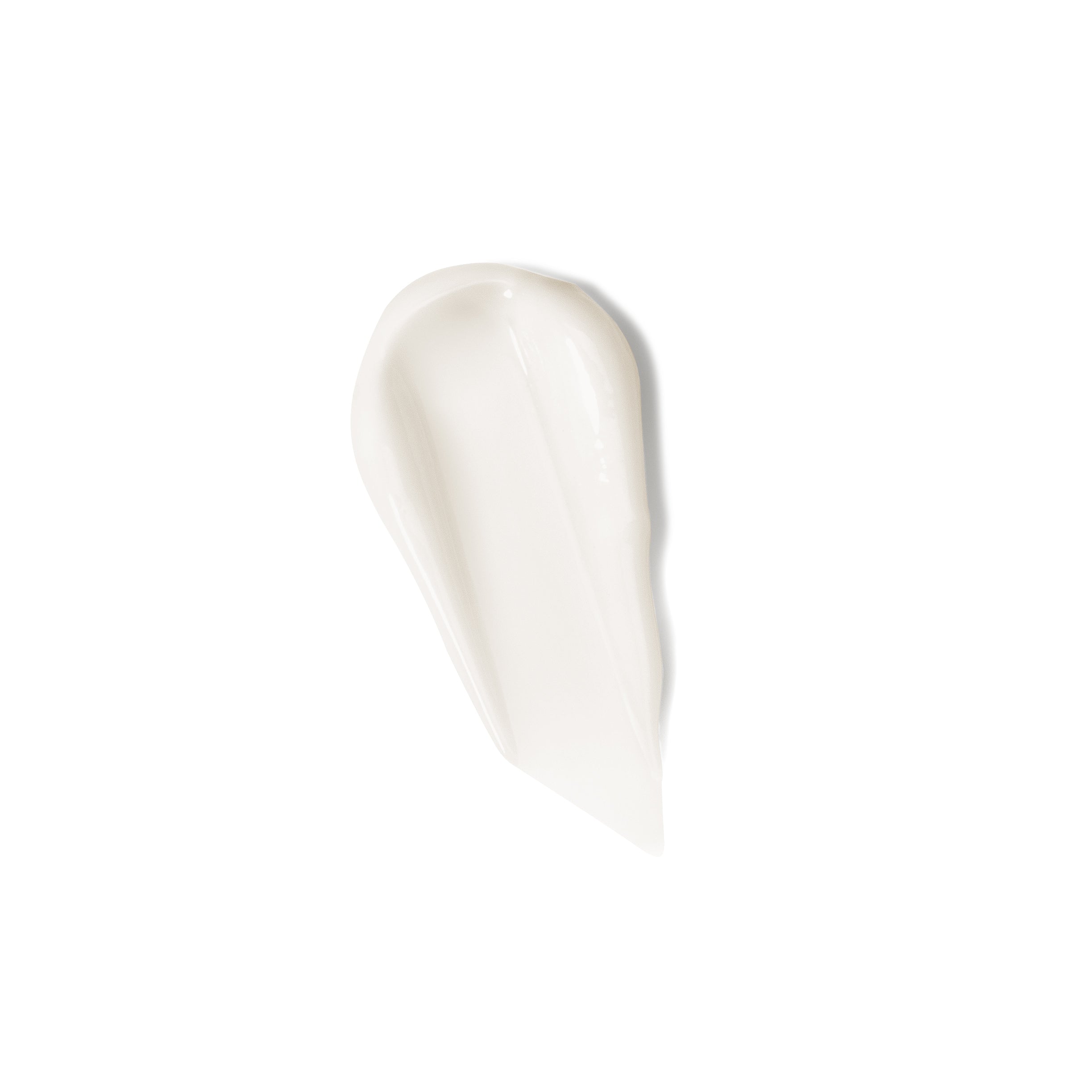
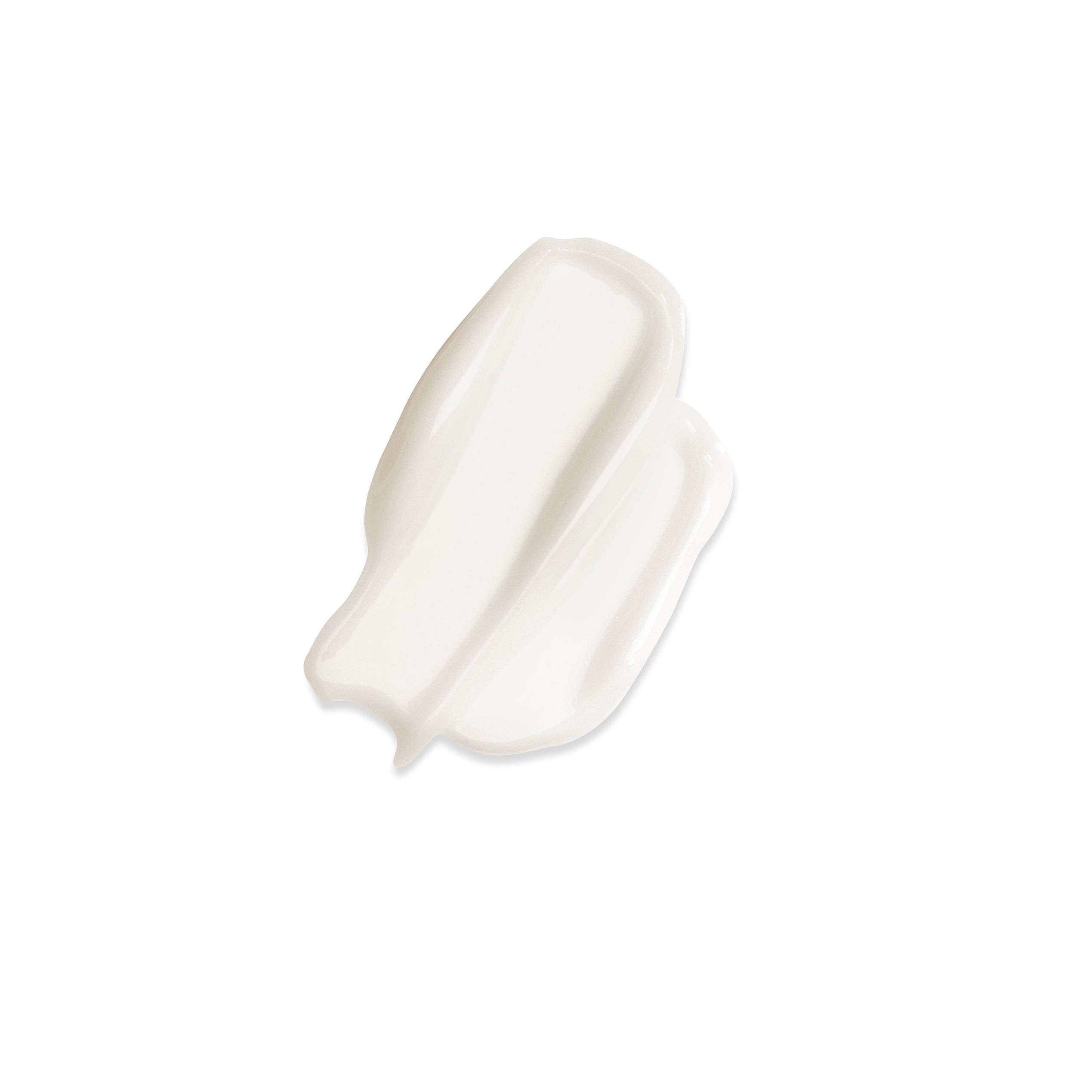
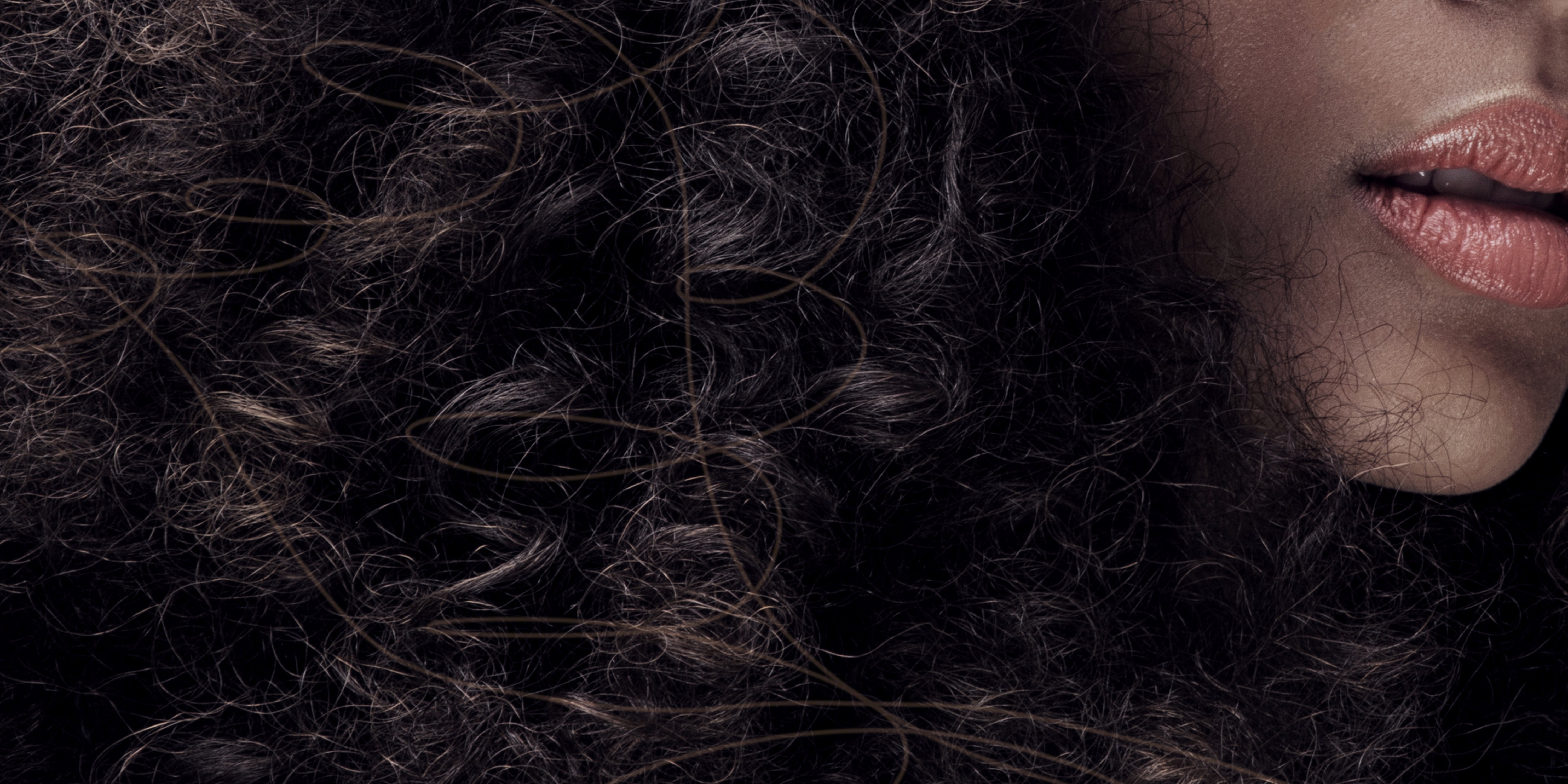
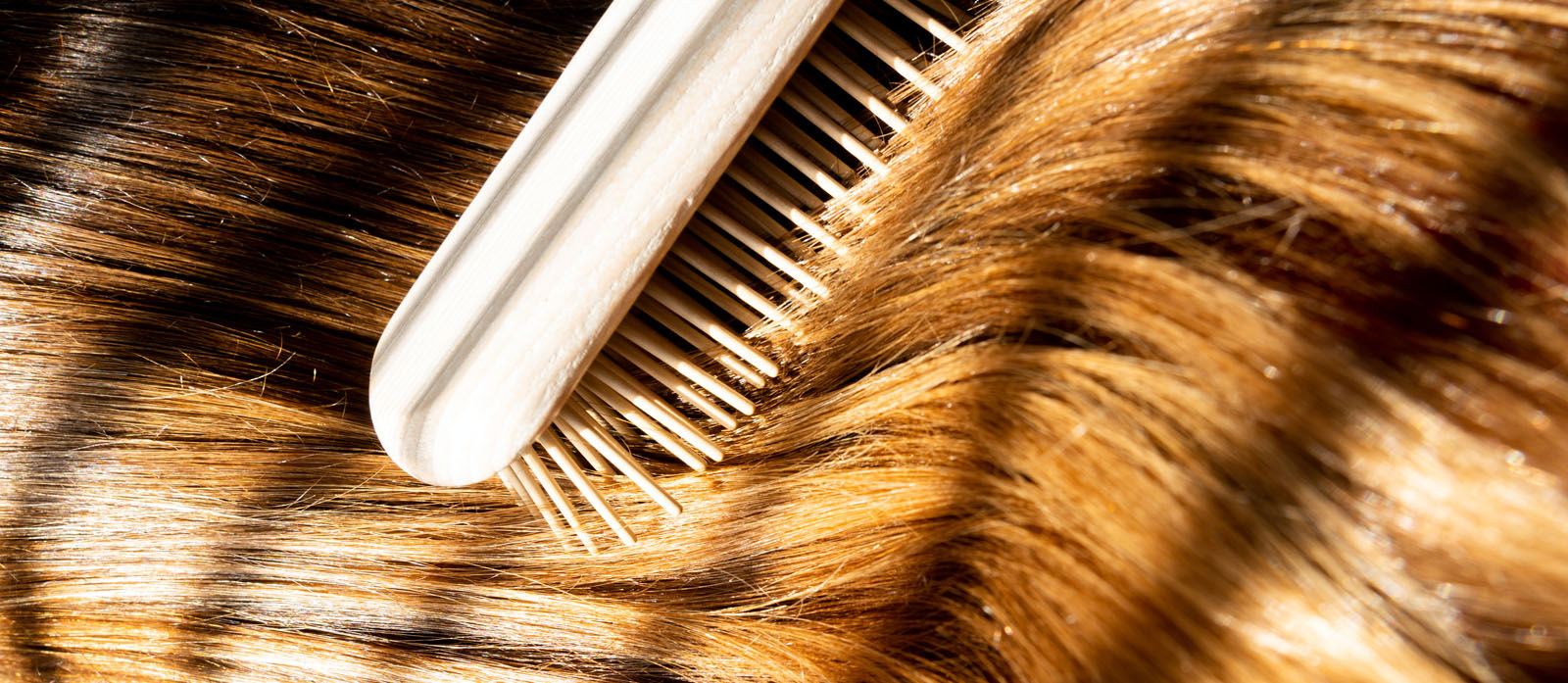
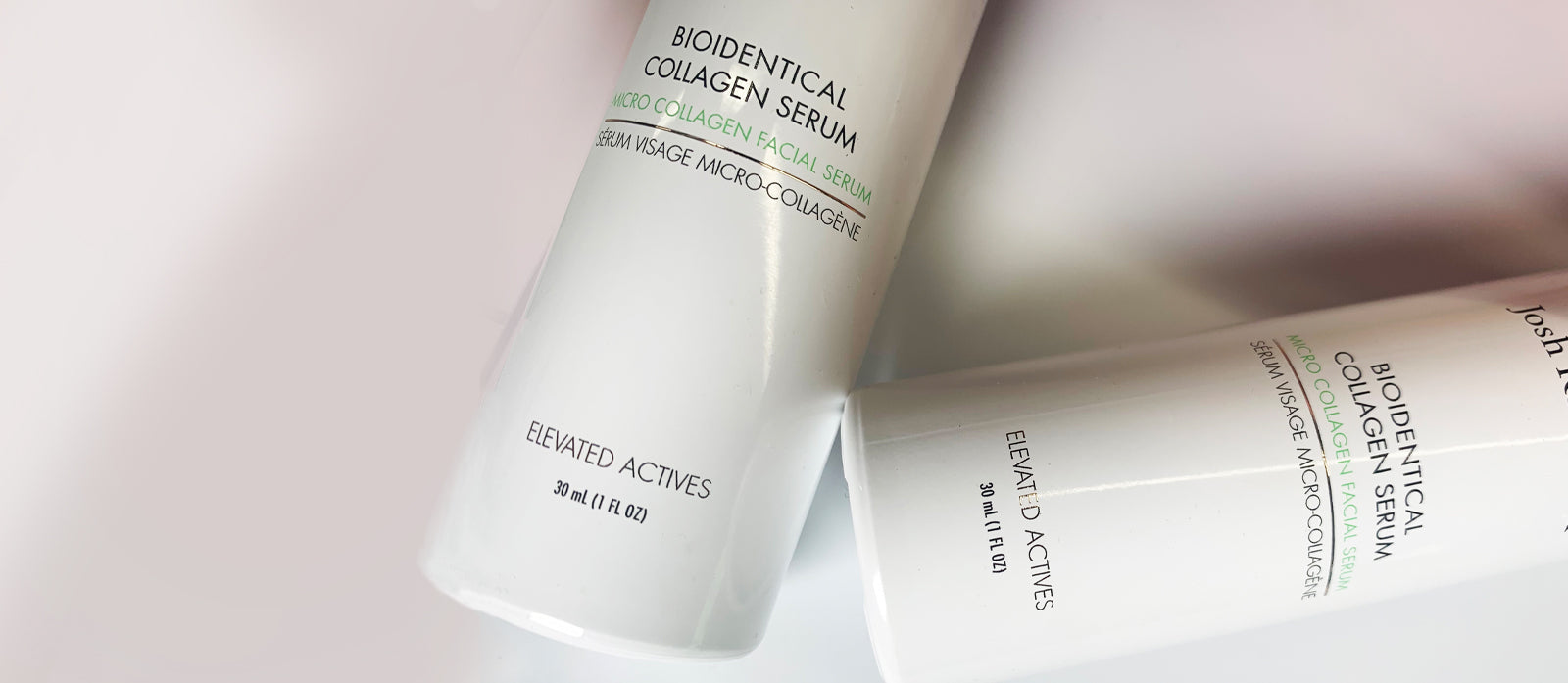
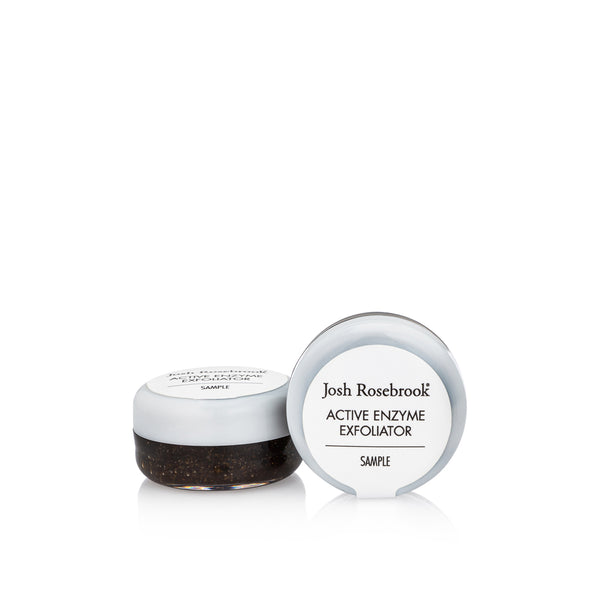
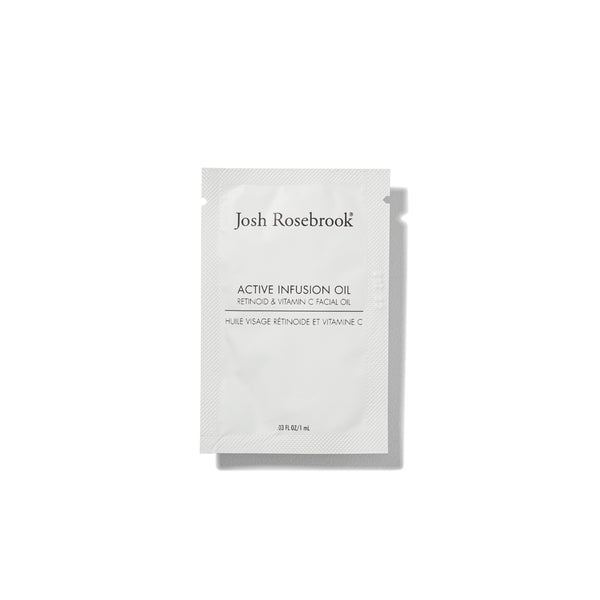
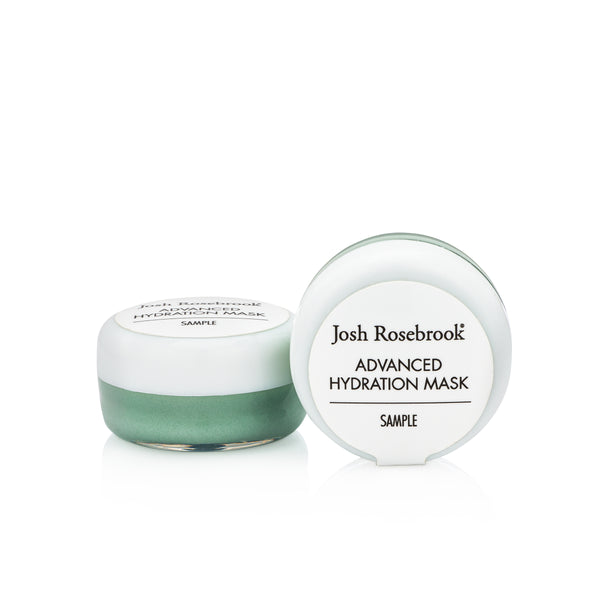
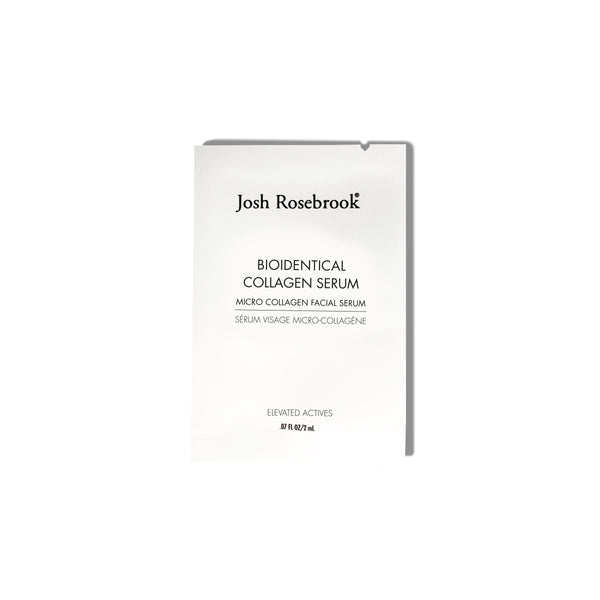

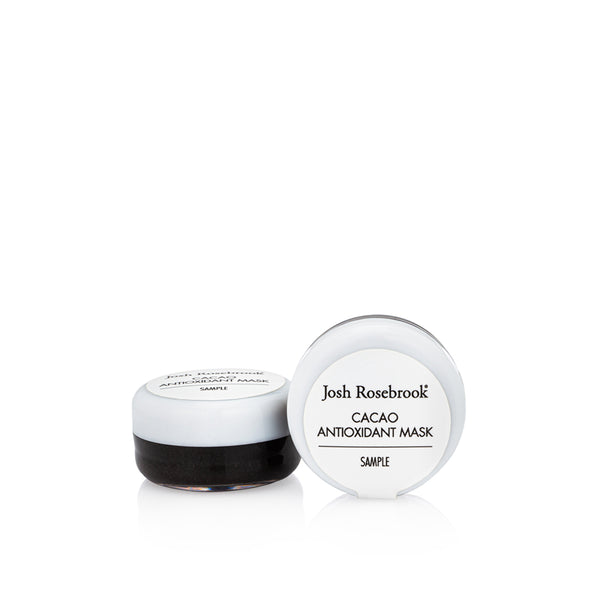
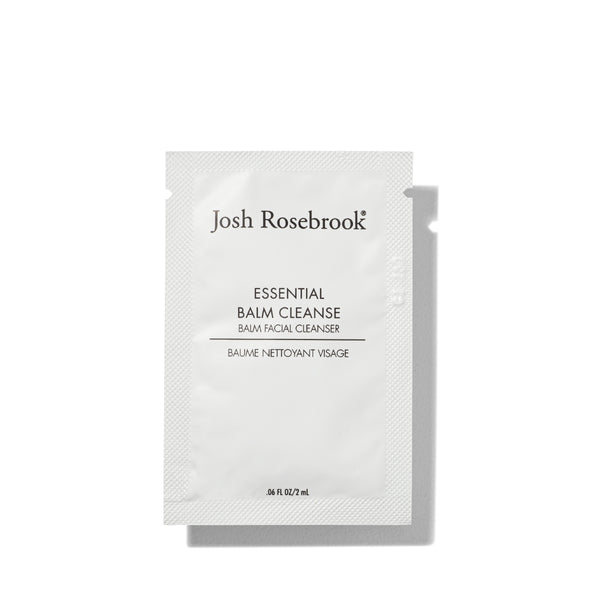
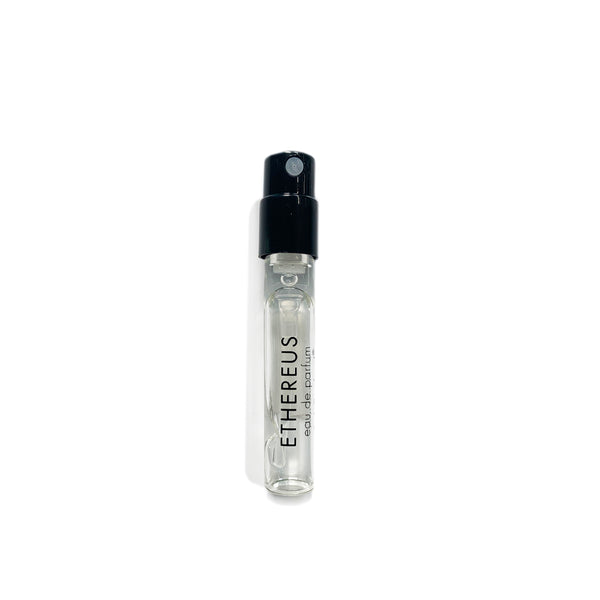
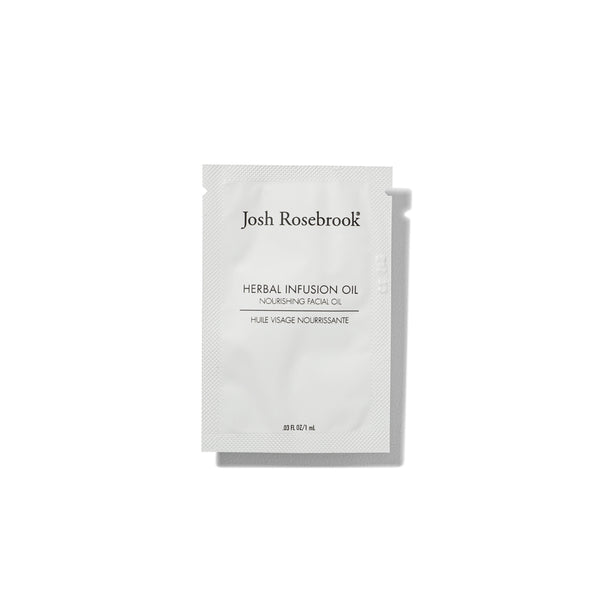
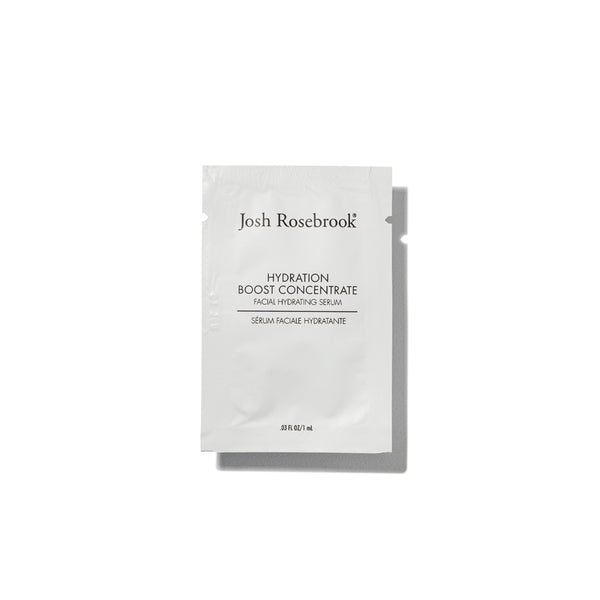
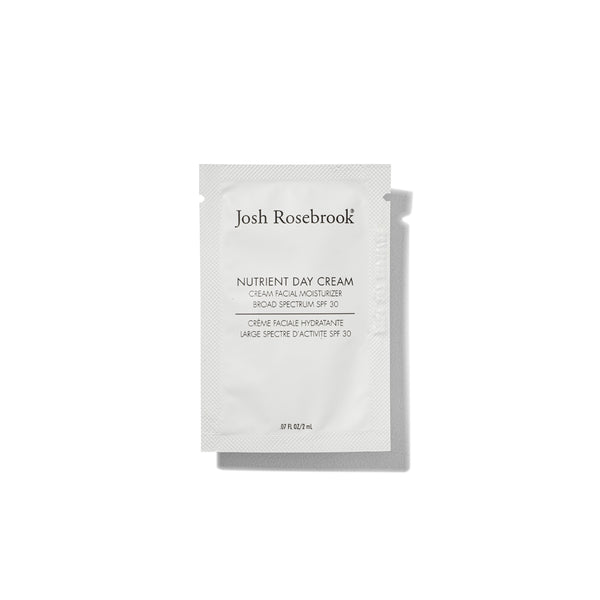
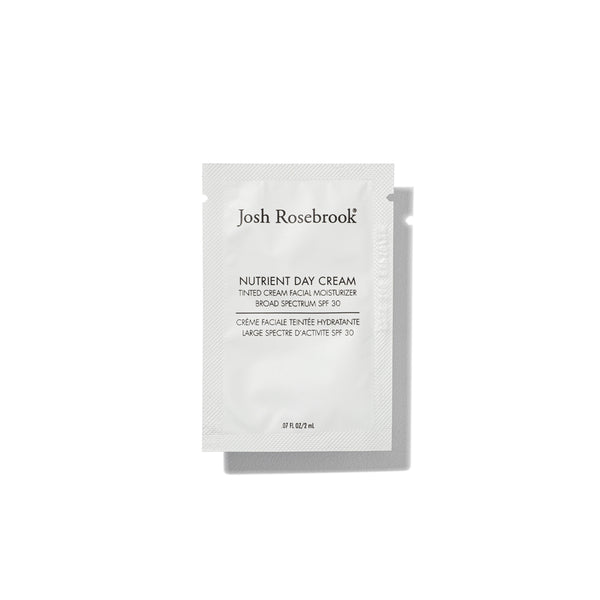
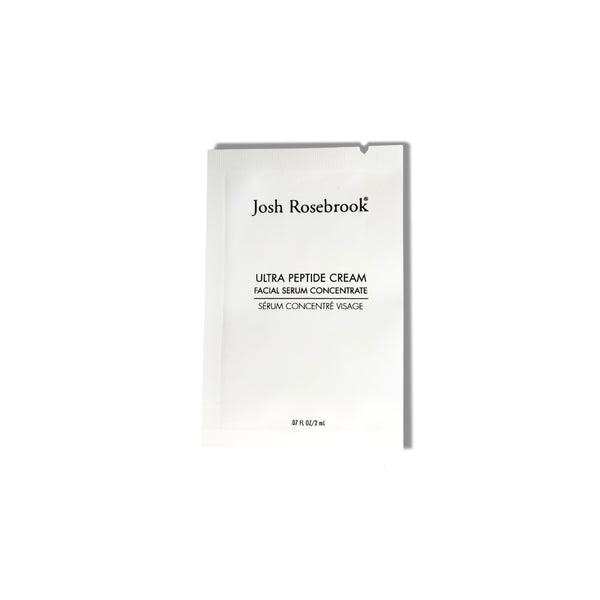
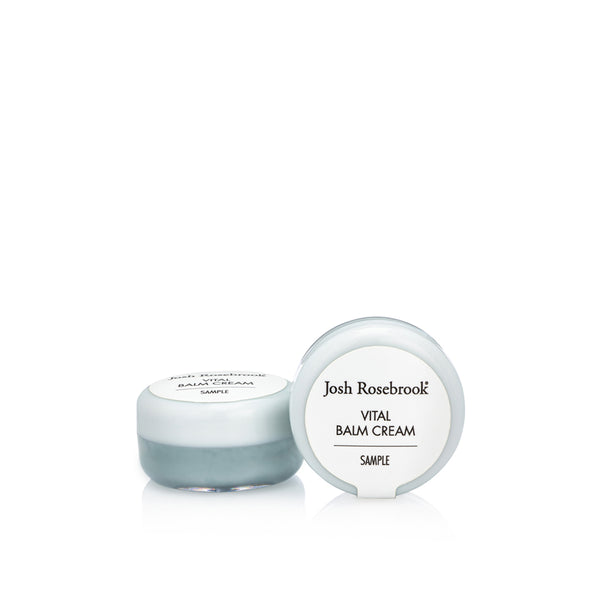
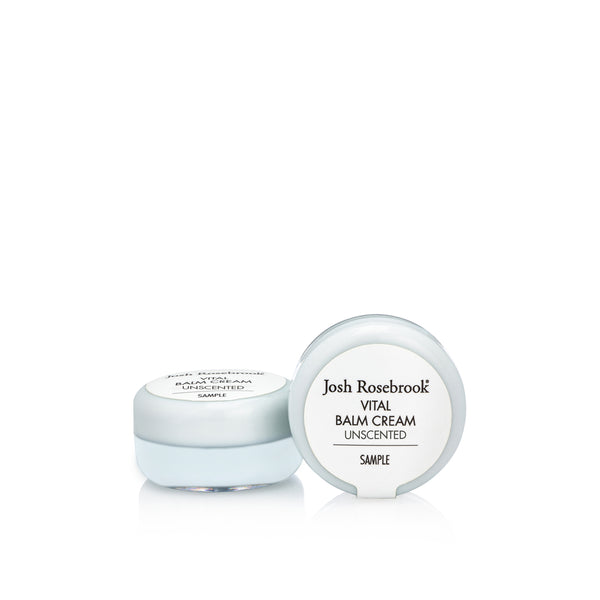
WRITTEN BY Josh Rosebrook